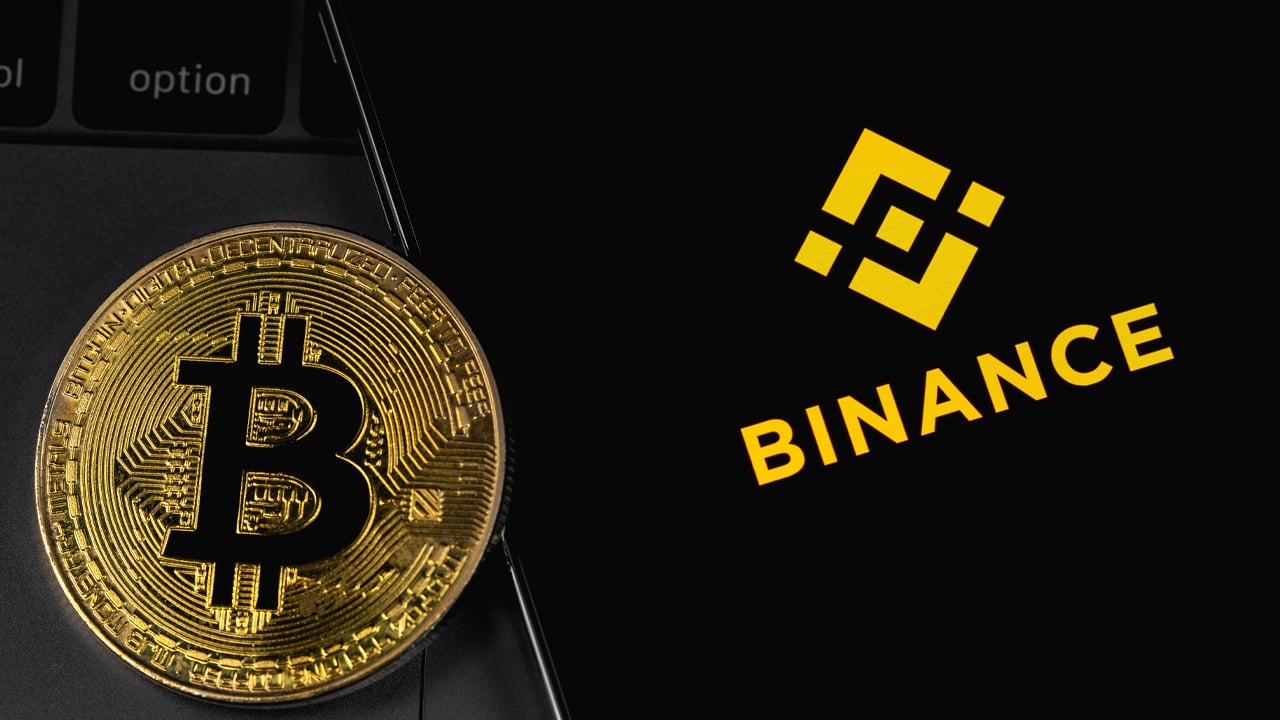
Regulators in Florida and Alaska have forbidden Binance.US from operating in their states, according to a report by The Wall Street Journal on January 25.
The Alaska Division of Banking and Securities rejected Binance.US’s operating license renewal this month. The decision sparked speculation about the underlying reasons and potential ramifications for the exchange’s operations. At the time of publication, the regulatory agency had not provided any official comment on the denial. However, industry analysts believe concerns over anti-money laundering (AML) policies and regulatory compliance might have led to the denial.
Florida’s Office of Financial Regulation worsened the situation by issuing an emergency suspension order against Binance.US’s money transmitter license. The suspension reportedly came approximately a week after Changpeng Zhao pleaded guilty to violating US Anti-Money Laundering policies on Nov. 21 last year.
In December, a U.S. federal court officially accepted Changpeng Zhao’s guilty plea to one count of Bank Secrecy Act violations. In a resolution arrangement, Zhao resigned as chairman of the exchange and transferred his voting rights through a proxy agreement, eliminating his influence over the firm’s governance. CZ is scheduled to be sentenced on Feb. 23, 2024, and could face a prison term of up to 18 months.
After Zhao’s guilty plea, his lawyers sought to use his significant $4.5 billion stake in Binance.US as collateral. Additionally, they requested permission for Zhao to travel to his residence in the United Arab Emirates.
Binance.US Continues to Operate Despite Regulatory Pressure
Despite the US government’s strict stance against the global Binance exchange, its domestic counterpart, Binance.US, continued to operate in the region.
Regulatory authorities in South Dakota, Illinois, and Arkansas reportedly reached agreements with Binance.US in late December. These agreements allow the company to continue its operations in those states. As part of that, the exchange must make the transfer of Zhao’s voting rights irreversible. This move shows the exchange’s willingness to cooperate with state authorities to ensure compliance with local regulations.
Last year in November, Norman Reed, CEO of Binance.US, said:
“We remain fully operational and are committed to continuing to serve our customers with the same products and services as we always have.”








